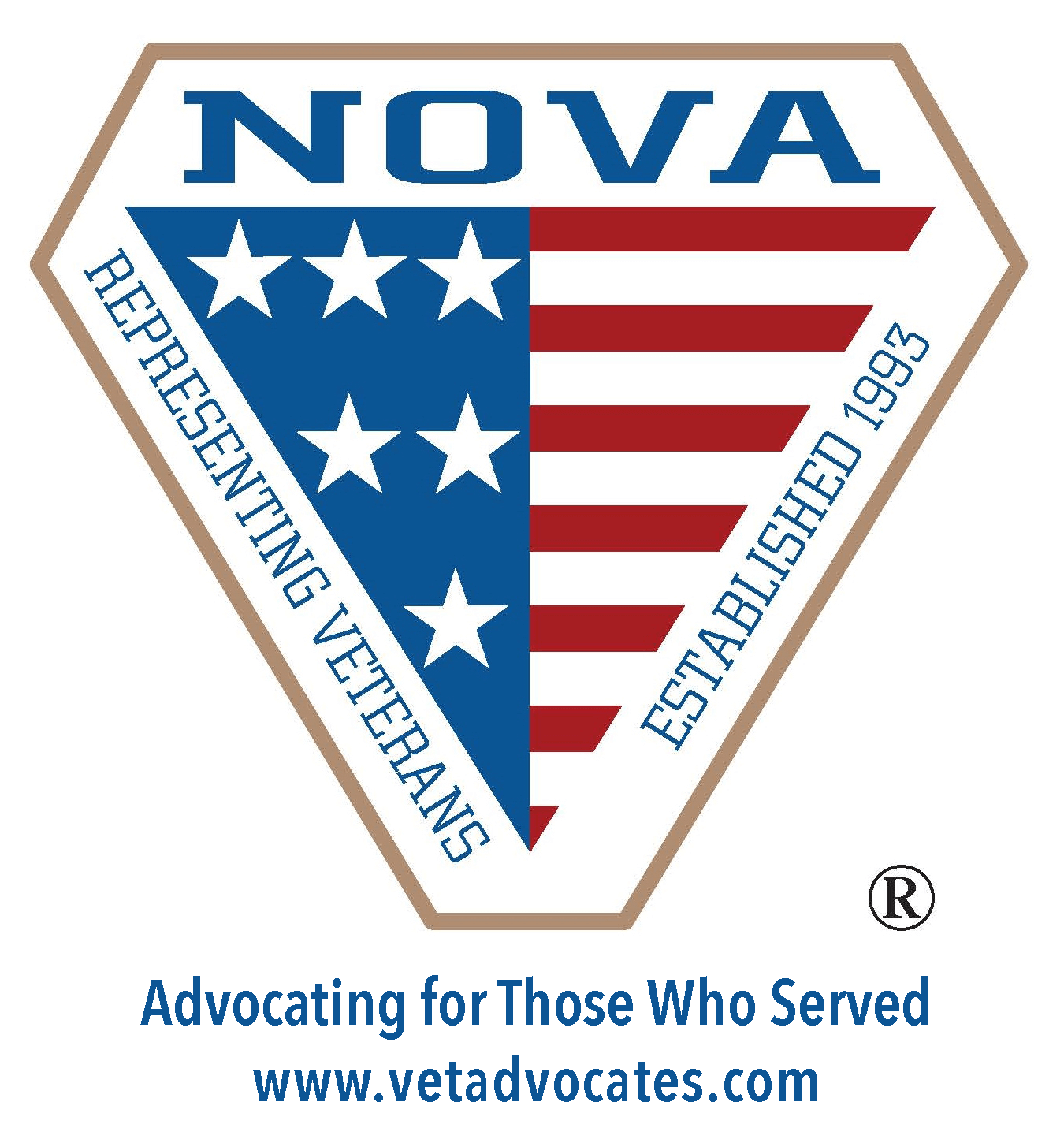Veterans are a population prone to mental health conditions, with post-traumatic stress disorder (PTSD) being the most common mental health disorder veterans face. If you’re a veteran with a mental health issue, you should understand the VA mental health ratings and what disability benefits are available.
Talk to Us About Your Claim:
(866) 232-5777
You completed your military service and made it home physically unscathed, but your mental health tells a different story. The VA estimates that about 30% of veterans have at least one mental health disorder. Military service may have caused or worsened these disorders. If you’re one of these veterans, you’ll want to understand the VA’s various mental health ratings.
In this article about VA mental health ratings:
What does the VA consider a mental health disorder?
A mental health disorder is any emotional condition that impacts mood, thinking, and behavior. For the purposes of a VA mental health rating, the rating agency should consider the frequency, severity, and duration of the psychiatric symptoms. The rating should reflect the occupational and social impairment the mental disorder causes.

More than 300 possible mental health diagnoses exist in the American Psychiatric Association’s Diagnostic and Statistical Manual of Mental Disorders (DSM), which is the diagnostic tool for mental health professionals. The VA recognizes many of these disorders, including:
- Trauma disorders like post-traumatic stress disorder (PTSD)
- Mood disorders like depression or bipolar disorder
- Anxiety disorders like anxiety or panic disorder
- Psychotic disorders like schizophrenia
- Substance use disorders like alcohol or drug addiction
If left untreated, mental health disorders typically worsen. They don’t disappear. The VA provides various services for veterans with mental health conditions, including counseling. It also provides mental health disability payments for those veterans who qualify.
General rating formula for mental health disorders
Veterans can receive VA disability benefits for a mental health disorder that was caused or worsened by military service.
The VA rates mental health conditions using the General Rating Formula for Mental Disorders in the Schedule of Ratings. The specific diagnostic code the VA uses depends on the disorder, but all of these conditions have the same rating criteria. Mental health disorders can be rated at 0%, 10%, 30%, 50%, 70%, or 100%, depending on the severity and frequency of the symptoms.
VA mental health rating criteria
Description | Rating | Monthly payment (Veteran only) |
|---|---|---|
| Total occupational and social impairment, due to such symptoms as: gross impairment in thought processes or communication; persistent delusions or hallucinations; grossly inappropriate behavior; persistent danger of hurting self or others; intermittent inability to perform activities of daily living (including maintenance of minimal personal hygiene); disorientation to time or place; memory loss for names of close relatives, own occupation, or own name. | 100% | $3,737.85 |
| Occupational and social impairment, with deficiencies in most areas, such as work, school, family relations, judgment, thinking, or mood, due to such symptoms as: suicidal ideation; obsessional rituals which interfere with routine activities; speech intermittently illogical, obscure, or irrelevant; near-continuous panic or depression affecting the ability to function independently, appropriately and effectively; impaired impulse control (such as unprovoked irritability with periods of violence); spatial disorientation; neglect of personal appearance and hygiene; difficulty in adapting to stressful circumstances (including work or a worklike setting); inability to establish and maintain effective relationships. | 70% | $1,716.28 |
| Occupational and social impairment with reduced reliability and productivity due to such symptoms as: flattened affect; circumstantial, circumlocutory, or stereotyped speech; panic attacks more than once a week; difficulty in understanding complex commands; impairment of short- and long-term memory (e.g., retention of only highly learned material, forgetting to complete tasks); impaired judgment; impaired abstract thinking; disturbances of motivation and mood; difficulty in establishing and maintaining effective work and social relationships. | 50% | $1,075.16 |
| Occupational and social impairment with occasional decrease in work efficiency and intermittent periods of inability to perform occupational tasks (although generally functioning satisfactorily, with routine behavior, self-care, and conversation normal), due to such symptoms as: depressed mood, anxiety, suspiciousness, panic attacks (weekly or less often), chronic sleep impairment, mild memory loss (such as forgetting names, directions, recent events). | 30% | $524.31 |
| Occupational and social impairment due to mild or transient symptoms which decrease work efficiency and ability to perform occupational tasks only during periods of significant stress, or symptoms controlled by continuous medication. | 10% | $171.23 |
| A mental condition has been formally diagnosed, but symptoms are not severe enough either to interfere with occupational and social functioning or to require continuous medication. | 0% | None |
Mental health DBQ
Disability Benefits Questionnaires (DBQs) are VA forms that help guide examiners during mental health consultation of veterans. To receive a VA disability rating for a mental health condition, you’ll want a qualifying mental health provider to complete this form. The VA requires the mental DBQ form to be completed by a board-certified or board-eligible psychiatrist, a licensed doctorate-level psychologist, or a similarly skilled medical professional under supervision of the psychiatrist or psychologist.
The doctor will use the form to record the severity of your condition, then the VA uses the DBQ to evaluate your level of occupational and social impairment. If your mental disorder is service-connected, the VA will use the information on the DBQ to determine your disability rating.
The DBQ typically includes:
- Your symptoms
- A diagnosis
- Medications you’ve used or are using to treat the condition
- A description of the condition’s impact on your overall health and ability to function
All mental health disorders except eating disorders and PTSD use the same DBQ form for mental disorders. PTSD has its own form. Eating disorders are unique mental health concerns which the VA does recognize but handles differently.
Even if your mental health provider completes a DBQ form for you, the VA may still require you to have a compensation and pension (C&P) exam from one of their examiners as part of your claims process. When you are asked to complete a C&P exam for mental health by the VA, you’ll want to read up on what to expect from the exam. Overall, you want to be sure you are open and honest about how your mental health symptoms affect your daily life and the doctor spends time documenting all of your concerns.
PTSD and depression and other mental health combinations
It’s common for people to have multiple mental health diagnoses. If you are affected by more than one mental health disorder, this is called “comorbidity.” While comorbid mental health issues, such as PTSD and depression, occur frequently, the VA won’t rate them separately from each other if they are both service-connected. The VA will give just one mental health rating based on overall social and occupational impairment to avoid “pyramiding” your symptoms.
Pyramiding is receiving more than one rating for the same disability or symptoms. Federal law prohibits pyramiding.
So, for example, if you are service-connected for both PTSD and depression, they share certain symptoms like persistent feelings of sadness, irritability, and detachment. But since your overall mental VA disability rating is based on symptoms and how they affect your life, they will not consider your sadness, irritability, and detachment twice. To be rated twice for the same symptom would be considered pyramiding.
“The firm got me to 70%, and I was happy. Individual unemployability was awarded to me and to this day, I’m so grateful. My future is no longer bleak. These people work very hard for you.“
Mental health and TDIU
Mental health disorders can be debilitating. Some veterans may function well with mental health disorders, while others experience severe symptoms that make it difficult to hold down a job. Your condition may make you distracted at work or make working with others extremely difficult. You may struggle regardless of whether the job is at a desk answering phones or more physically demanding. Symptoms like severe depression, fatigue, and anxiety can make it impossible for a person to earn and keep employment.
Veterans with service-connected mental health disorders severe enough to keep them from maintaining what the VA calls “substantially gainful employment” are entitled to total disability based on individual unemployability (TDIU). This tax-free monthly benefit ensures those veterans can still support themselves and their families without working. Veterans eligible for TDIU receive VA disability compensation at the 100% rate without their condition being rated 100% disabling.
Qualifying for schedular TDIU requires you to have:
- at least one service-connected disability rated at least 60% OR
- two or more service-connected disabilities, at least one disability ratable at 40% or more, with a combined rating of 70% or more.
Mental health conditions are often rated alongside other physical conditions in a combination that qualifies for TDIU.
How our VA disability lawyers can help
Woods and Woods has helped veterans nationwide get the VA benefits they deserve. Call us for a free case evaluation to find out how we can help. If we take your case, you only pay us a percentage of your back pay if you win.
Talk to Us About Your Claim:
(866) 232-5777
FREQUENTLY ASKED QUESTIONS
Yes, you can receive VA disability benefits for a mental health disorder if you can prove that your service caused the condition or worsened its symptoms. The more severe the disorder’s symptoms are and the more they affect your functioning, the higher the disability benefit rating should be.
Yes, you can receive total disability based on individual unemployability (TDIU) benefits for mental health disorders if the symptoms make it hard or impossible to work gainfully.

Neil Woods
VA disability lawyer
Woods and Woods
VA Accreditation Number: 44739



